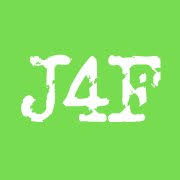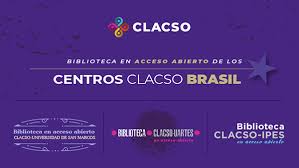LAND GRABBING FOR AGRO-EXTRACTIVISM IN THE SECOND NEOLIBERAL PHASE IN BRAZIL/Estrangeirização da terra para o agroextrativismo na segunda fase neoliberal no Brasil/ El acaparamiento de tierras para el agro-extractivismo en la segunda fase neoliberal en Brasil
DOI :
https://doi.org/10.47946/rnera.v0i50.6612Mots-clés :
Land grabbing, peasantry, agro-extractivism, conflictuality, agribusinessRésumé
Building territorial policies to free lands for national and international corporations to produce large-scale commodities for export, called agro-extractivism is one of the components of the neoliberal agrarian question. In Brazil, in the last thirty years, the agrarian question had two phases: the Neoliberal and the post-neoliberal. These policies intensified the territorial disputes between the agribusiness corporations and the peasant, indigenous and quilombola movements. To better understand these disputes we analyze the new conflicts from the reading of Brazil agrarian and rural Brazil. Through the method of paradigmatic debate, we analyze theoretical and political references for territorial development. Conflictuality is analyzed on a national scale with emphasis on new territory: MATOPIBA, created exclusively for agribusiness, is territorialized and attracts interest from several companies and international financial capital. Another case that we analyze is the conflict between the Landless Rural Workers Movement (MST) and Del Monte Corporation in the territorial dispute in the Apodi plateau in the state of Ceará. We analyze the hegemony of Agrarian capitalism in the neoliberal and post-neoliberal phases and the actions of the peasantry to resist and advance, facing the binomial latifundio-agribusiness. With this article, we contribute to updating the readings on the Brazilian agrarian question.
Téléchargements
Téléchargements
Publiée
Numéro
Rubrique
Licence
Os artigos publicados na Revista NERA devem seguir, obrigatoriamente, as diretrizes sobre ética e integridade na prática científica do Conselho Nacional de Desenvolvimento Científico e Tecnológico (CNPQ), disponíveis em seu sitio na internet (http://memoria.cnpq.br/normas/lei_po_085_11.htm). Em caso de infração às referidas diretrizes por qualquer texto publicado, o artigo será formalmente retirado de publicação, conforme a prática da comunidade científica internacional. A submissão de qualquer texto à Revista NERA implica na aceitação plena deste procedimento. As ideias e conceitos emitidos nos artigos são de inteira responsabilidade dos autores. Reforçamos que após a publicação do artigo o mesmo não será despublicado caso haja solicitação por parte dos(as) autores(as).
Lembramos que todos os manuscritos submetidos à Revista NERA são vereficados no software de similaridade "iThenticate". Os manuscritos com plágio verificado são automaticamente negados e os(as) autores(as) comunicados.
A licença utilizada pela Revista NERA é Creative Commons - Atribuição 4.0 Internacional (CCBY 4.0).
A política de arquivamento é a Licença LOCKSS.



















